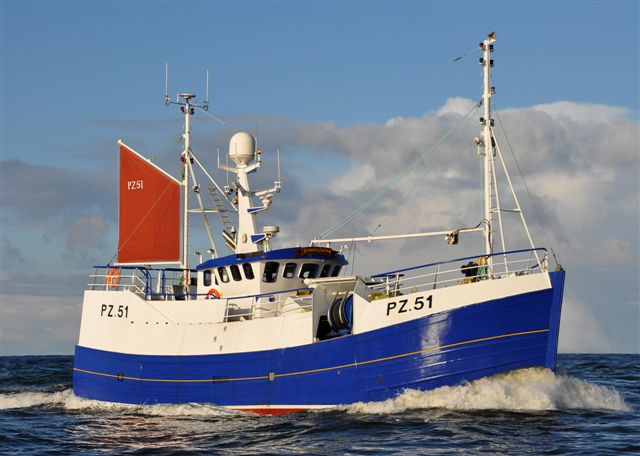20 December 2013
The long awaited register of UK quota holdings has now been published jointly by the four UK fisheries administrations.
Its publication may quell some of the more feverish speculation that has surrounded the issue of quota distribution and quota management. There is no sign that either Manchester United or Terry Wogan owns a single FQA (Fixed Quota Allocation).
Quota Register
At a brief glance, the register seems to confirm:
- The centrality of producer organisations as collectives of fishermen managing quota on behalf of their members
- That most quota is attached to specific named and active fishing vessels
- That individual quota holdings (industry share) remains quite diffuse compared to ownership patterns in many other industries
- A significant part of the UK catch is of non-TAC species; these fishing opportunities are therefore not reflected in the register
- The biggest concentrations of quota holdings tend to be in the high-volume offshore and external waters fisheries, where larger vessels are necessary to operate safely
- Holdings to some degree reflect past decommissioning policy and where fishermen have bought (and sold) quota, as well as those generated by historical rights
- “Dummy licences” are mainly used to hold quota whilst a vessel is renewed or as part of a Community Quota
Quota Concentrations
The distribution/concentration of FQAs in the register also reflects the considerable reduction in the size of the over-10 metre fleet over the last decade. Confronted with falling quotas and harsh economic conditions, consolidated and grouped FQAs have been a prerequisite for the fleet to fish legally and to minimise discards.
Quota PolicyDoubtless the publication of the FQA register will now fuel a period of discussion about the implications of its content for day-to-day quota management and government policy towards quota in the UK.
The debate over quota shortage in the under-10metre fisheries, which began in crude over-generalised assertions and heated controversy, has already matured into something a lot more constructive. By identifying specific regional and fleet quota pinch-points for the under-10s and through a focus on the best means of addressing these, it has been possible to demonstrate (for example through the Ramsgate Quota project) what can be achieved. It is clear that quota pinch points vary over time and that not all under-10s are in the same boat, so to speak. Cooperation between producer organisations and groups of under-10s who are under quota pressure can significantly increase the quota available through swaps, transfers, gifts and international transfers.
Our hope is that the publication of the quota register will help this debate move beyond the superficial, to ways in which, through industry cooperation, producer organisations and those parts of the under-10m fleet which do catch significant amounts of quota species, can address specific quota shortages on a real-time basis. The Federation is in discussion with a second under-10m group, this time in the North West, about how local boats could benefit from this kind of arrangement.
Next Steps
The quota register will be out of date as soon as it is published as quota is moved around all the time in line with supply and demand. It will be important that this changing reality is reflected in some way within future versions of the register. The obvious way to achieve this would be to undertake real time reconciliation when FQA transfers take place. This will not of course reflect temporary lease, swap, or gift transfers.
Decentralised quota management through producer organisations has been one of the few unambiguous success stories to emerge over the last 20 years and is increasingly copied in other member states. PO quota managers are much more likely to be in touch with the quota needs in the ports than distant administrators. It is the absence of this kind of responsive, effective, quota management for the 14% of the under-10m fleet which catch around 70% of the under 10m quota allocations that has put them at a real disadvantage and which the Federation hopes to rectify.
Looking ahead, quota flexibility and a responsive system are going to be absolutely central if the implementation of the landings obligation is not going to end in one big mess.

